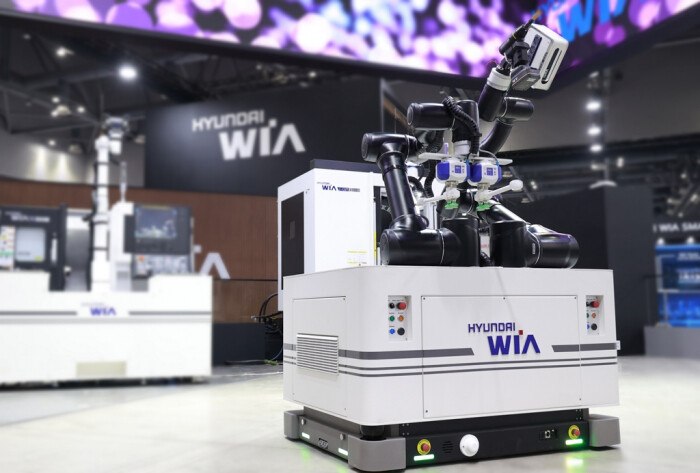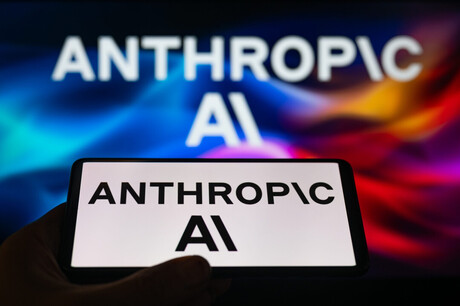
Seoul, South Korea – Hyundai Motor Group is making a bold leap into the future of automotive manufacturing with the planned deployment of advanced humanoid robots at its state-of-the-art Metaplant America facility currently under construction in Georgia. This strategic move, as reported by Nikkei Asia, signals Hyundai's ambition to significantly automate its vehicle assembly processes, targeting a 40% automation rate at the sprawling new plant by the end of this year.
The centerpiece of this robotic revolution is the 'Atlas' robot, a cutting-edge bipedal machine developed by Boston Dynamics, a robotics firm acquired by Hyundai. Unlike traditional industrial robots confined to fixed positions and repetitive tasks, Atlas boasts a human-like form and dexterity, capable of standing upright, bending, and extending its arms. This agility will enable Atlas to undertake more complex and nuanced tasks on the assembly line, directly replacing human workers in physically demanding roles such as lifting heavy components and precisely installing vehicle doors.
Beyond humanoid integration, Hyundai's vision for Metaplant encompasses a comprehensive suite of advanced robotics. Existing industrial robots will continue to play a crucial role in parts assembly and material handling. Adding another layer of technological sophistication, the plant will also deploy quadrupedal 'Spot' robots, also from Boston Dynamics, to conduct autonomous inspections of the production line and finished vehicle bodies. These agile, dog-like robots will be equipped with sensors and cameras to identify potential defects and ensure stringent quality control standards are met.
The automotive assembly process has historically lagged behind other manufacturing sectors in terms of automation due to the intricate and often variable nature of the tasks involved. However, Hyundai's ambitious target of achieving nearly 50% automation in this critical area represents a paradigm shift. This drive for increased efficiency extends beyond final assembly, with plans to further automate processes such as press work and welding, traditionally areas with higher automation levels in automotive manufacturing.
Hyundai's strategic push for increased automation in the US is intertwined with its broader investment strategy in the region. In March, the automaker committed a substantial $21 billion over the next four years to bolster its American operations. This significant investment is partly a response to the import tariff policies previously floated by the Trump administration, which underscored the vulnerability of relying heavily on vehicle imports. The Metaplant in Georgia stands as a tangible manifestation of Hyundai's commitment to expanding its domestic production footprint in the US, its largest and arguably most crucial overseas market.
The Metaplant is envisioned as a high-volume, future-forward manufacturing hub. Initial production targets aim for an annual output of 100,000 electric vehicles (EVs) and hybrid vehicles. Hyundai has even grander ambitions for the facility, with a long-term goal of scaling up production to an impressive 500,000 units per year. This focus on electric and hybrid vehicles aligns with the global shift towards sustainable transportation and positions Hyundai to be a significant player in the burgeoning North American EV market.
Complementing the development of the new Georgia plant, Hyundai is also investing in expanding the production capacity of its existing manufacturing facility in Alabama. The company aims to increase its total annual production capacity in the United States by a substantial 70%, from an anticipated 700,000 units in 2024 to a targeted 1.2 million vehicles. This two-pronged approach underscores Hyundai's commitment to meeting the growing demand in the North American market and mitigating risks associated with international trade policies.
North America's significance to Hyundai's global strategy cannot be overstated. Despite a slight 2% dip in its worldwide sales to 7.03 million units last year, Hyundai's sales in North America bucked the trend, registering a healthy 4% increase to 1.9 million vehicles. This robust performance in the North American market was a key driver in Hyundai achieving a record for consolidated sales in the previous year, highlighting the region's pivotal role in the company's financial success.
Hyundai has carved a niche for itself in the competitive US automotive landscape by offering vehicles that provide a compelling combination of value and features. Its mid-sized cars, often priced below the $30,000 mark, have resonated with cost-conscious consumers. Furthermore, the success of Hyundai's fuel-efficient and well-equipped hybrid vehicles has significantly bolstered the brand's image and appeal, attracting environmentally aware buyers without compromising on performance or features.
Despite its growing US production capacity, Hyundai still relies significantly on vehicle imports from its home base in South Korea to meet the demands of the North American market. This reliance leaves the company potentially exposed to future tariff impositions, particularly if trade relations shift.
Concerns have also been raised within the market regarding potential price increases as Hyundai invests heavily in new technologies and domestic production. Analysts suggest that if prices rise too rapidly, consumers, who have been drawn to Hyundai's value proposition, might seek alternatives. Acknowledging these concerns, Hyundai's Chief Operating Officer, José Muñoz, stated in April that the company intends to hold off on price increases until at least June, signaling a cautious approach to maintaining its competitive edge.
Hyundai's ambitious integration of humanoid robots into its US manufacturing operations represents a bold bet on the future of automation in the automotive industry. While challenges undoubtedly lie ahead in terms of implementation, scalability, and workforce adaptation, this strategic move has the potential to enhance efficiency, improve quality control, and position Hyundai as a leader in the next generation of automotive manufacturing. The success of the Metaplant in Georgia will be closely watched by the global automotive industry as a bellwether for the increasing role of advanced robotics in vehicle production.
[Copyright (c) Global Economic Times. All Rights Reserved.]






























